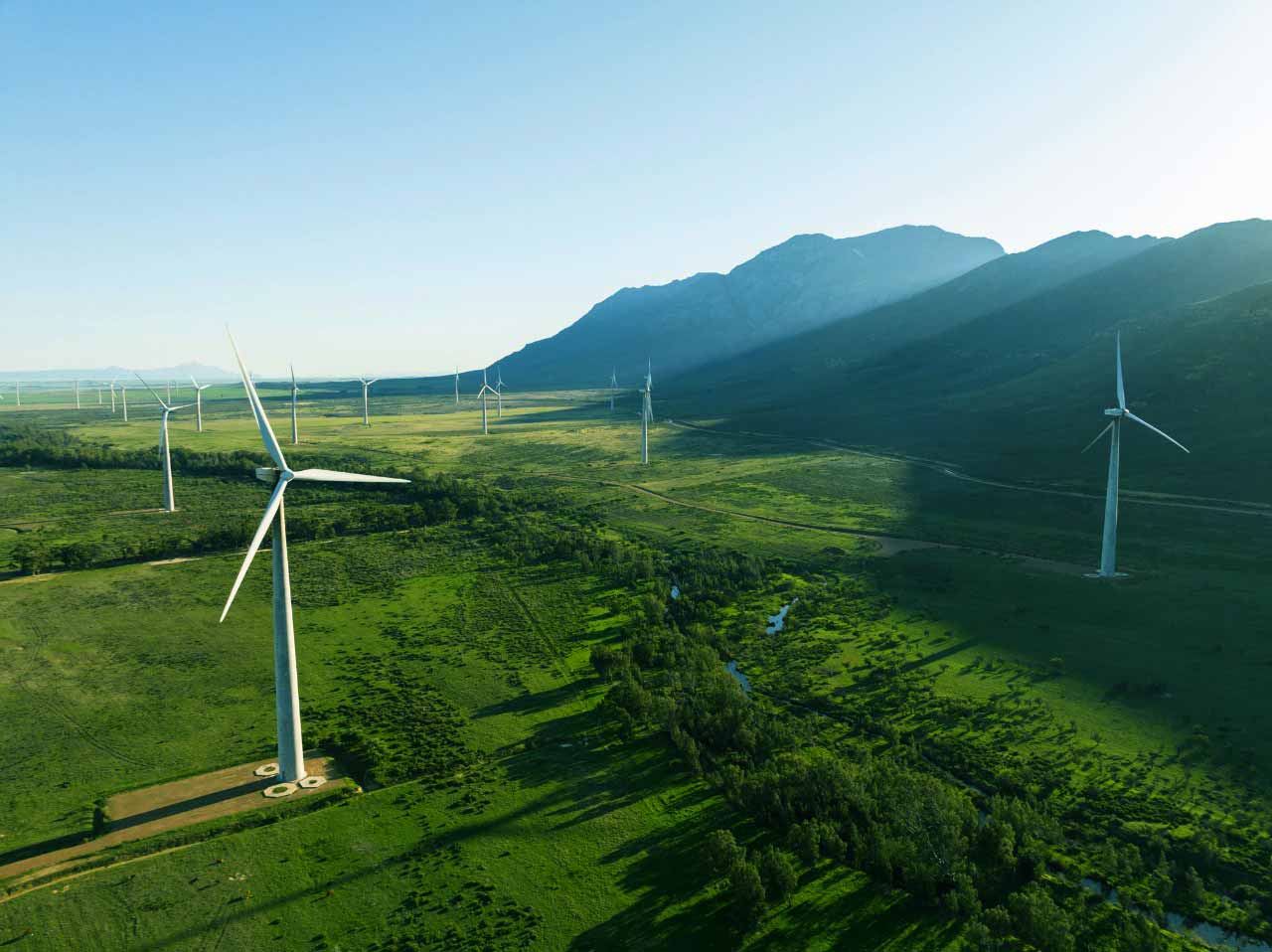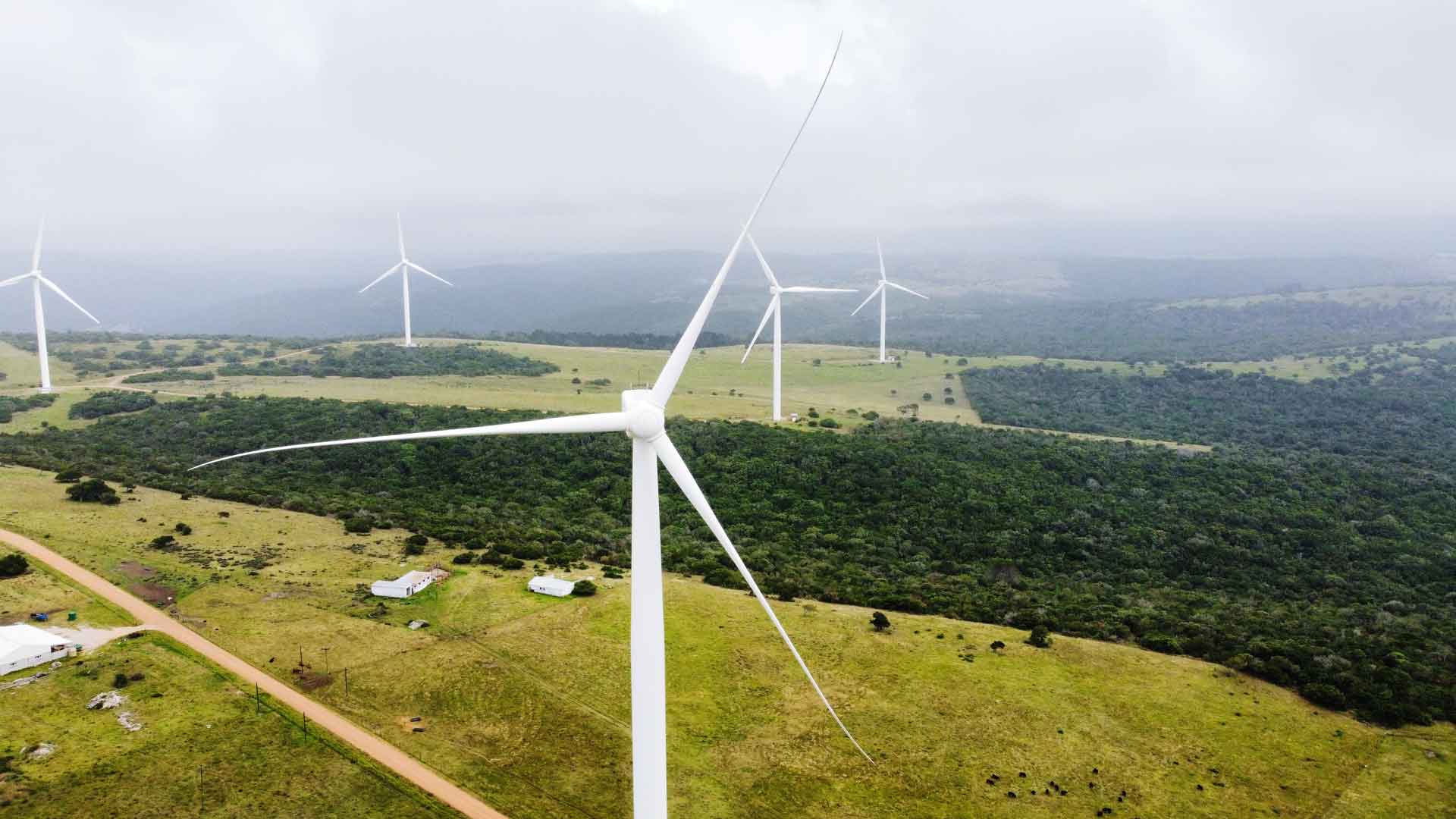Select Country
Don’t have your Nedbank ID yet?
Nedbank ID single sign-on gives you full digital access to Nedbank’s banking and lifestyle products and services on the Money app or Online Banking.
Log in
Log in to Online Banking or another one of our secured services.
Awards
Deals
- R4bn Tronox deal funds two 100MW solar plants
- Billions to help Redefine build green properties
- Harmony pursues green goals with R10 billion loan
- Cold solutions finance for cold storage facilities
- International Finance Corporation green bond fund
- Envusa energy deal: The way for renewable energy
- Paladin Energy senior debt funding partnership
- Renewable energy wind farm financing
- Stor-Age’s successful inaugural bond auction
- PlusNet, Peninsula Packaging and Barrier Film Convertors co-investment opportunity | Nedbank CIB
- IFC Green Loan | Nedbank CIB
- AngloGold appoints Nedbank CIB as sole underwriter | Nedbank CIB
- Nedbank CIB Property Finance Team achievement | Nedbank CIB
- PwC Tower, Westlands — Where Kenya's corporate vision meets world-class execution
Women of Corporate Investment Banking
Young Analyst Programme
Articles
- Africa's pathway to a climate-resilient economy
- Commercial property trends 2022
- Green energy in the developing world | Nedbank CIB
- How sustainable finance creates value
- How the property sector recovered in 2023
- FURTHER IMPACT empowerment for entrepreneurs
- There's a new buoyancy around water and sanitation
- What happens when finance meets sustainability?
- Africa’s renewable-energy projects
- Breaking barriers for energy transition in mining
- Nedbank CIB wins big at 2025 IFC Awards
- South Africa leads clean energy transformation
Conferences
Benchmark Reform
Corporate Finance
Financing
Investing
Markets
Transacting
- Login & Register
- Online Banking
- Online Share Trading
- NedFleet
- Register for Nedbank ID
- About us
- Awards
- Deals
- Explore About us
- Awards
- Deals
- R4bn Tronox deal funds two 100MW solar plants
- Billions to help Redefine build green properties
- Harmony pursues green goals with R10 billion loan
- Cold solutions finance for cold storage facilities
- International Finance Corporation green bond fund
- Envusa energy deal: The way for renewable energy
- Paladin Energy senior debt funding partnership
- Renewable energy wind farm financing
- Stor-Age’s successful inaugural bond auction
- PlusNet, Peninsula Packaging and Barrier Film Convertors co-investment opportunity | Nedbank CIB
- IFC Green Loan | Nedbank CIB
- AngloGold appoints Nedbank CIB as sole underwriter | Nedbank CIB
- Nedbank CIB Property Finance Team achievement | Nedbank CIB
- PwC Tower, Westlands — Where Kenya's corporate vision meets world-class execution
- R4bn Tronox deal funds two 100MW solar plants
- Billions to help Redefine build green properties
- Harmony pursues green goals with R10 billion loan
- Cold solutions finance for cold storage facilities
- International Finance Corporation green bond fund
- Envusa energy deal: The way for renewable energy
- Paladin Energy senior debt funding partnership
- Renewable energy wind farm financing
- Stor-Age’s successful inaugural bond auction
- PlusNet, Peninsula Packaging and Barrier Film Convertors co-investment opportunity | Nedbank CIB
- IFC Green Loan | Nedbank CIB
- AngloGold appoints Nedbank CIB as sole underwriter | Nedbank CIB
- Nedbank CIB Property Finance Team achievement | Nedbank CIB
- PwC Tower, Westlands — Where Kenya's corporate vision meets world-class execution
- Women of Corporate Investment Banking
- Young Analyst Programme
- Articles
- Africa's pathway to a climate-resilient economy
- Commercial property trends 2022
- Green energy in the developing world | Nedbank CIB
- How sustainable finance creates value
- How the property sector recovered in 2023
- FURTHER IMPACT empowerment for entrepreneurs
- There's a new buoyancy around water and sanitation
- What happens when finance meets sustainability?
- Africa’s renewable-energy projects
- Breaking barriers for energy transition in mining
- Nedbank CIB wins big at 2025 IFC Awards
- South Africa leads clean energy transformation
- Africa's pathway to a climate-resilient economy
- Commercial property trends 2022
- Green energy in the developing world | Nedbank CIB
- How sustainable finance creates value
- How the property sector recovered in 2023
- FURTHER IMPACT empowerment for entrepreneurs
- There's a new buoyancy around water and sanitation
- What happens when finance meets sustainability?
- Africa’s renewable-energy projects
- Breaking barriers for energy transition in mining
- Nedbank CIB wins big at 2025 IFC Awards
- South Africa leads clean energy transformation
- Conferences
- Benchmark Reform
- Solutions
- Corporate Finance
- Financing
- Investing
- Markets
- Nedbank Business Hub
- Transacting
- Explore Solutions
- Corporate Finance
- Financing
- Investing
- Markets
- Nedbank Business Hub
- Business hub lead form
- Business hub lead form
- Transacting
- Sustainability
- Explore Sustainability
- Contact us
- Explore Contact us
How the green economy is responding to youth unemployment
How the green economy is responding to youth unemployment
Staff writer
2 mins
The green economy is an innovative ecosystem that is reducing youth unemployment.
Underpinned by its commitments to the green economy, Nedbank’s social and economic development initiatives demonstrate compelling solutions to the challenge of youth unemployment and skilling young people for the jobs of the future.
'In a world where climate change poses an imminent risk to the livelihoods, health and well-being of communities, Nedbank has decided to support initiatives of the green economy that are providing tangible social and economic value, transforming lives and having a measurable impact,' says Poovi Pillay, Nedbank’s Executive Head of Corporate Responsibility.
As the world convenes for the 28th Conference of the Parties (COP28) in Dubai, which emphasises global sustainability and resilience, the challenges that the youth in the South African labour market face, deserve attention. Statistics continue to paint a disconcerting picture despite some recent gains reported in the latest Quarterly Labour Force Survey which pointed to a reduction in the unemployment rate in Q3 of 2023.
Nedbank’s response to this challenge is underpinned by our belief that sustainable socioeconomic development is a moral and business imperative. This informs its corporate social investment strategy.
'It has been gratifying to develop and implement an integrated, innovative corporate social investment strategy that is changing the lives of individuals who have needed sometimes quite simple interventions – from skills transfer to work experience opportunities, or capital.
'Through our initiatives – and in partnership with individuals, organisations and social enterprises that are providing sustainable and material benefit to communities and people – we are shifting the dial and seeing the impact that small interventions can play in enhancing the lives of those most in need,' says Pillay.
Flowing from this strategy, a compelling synergy was harnessed with the Nedbank Youth Employment Service (YES) Programme. For some of the roles available, YES youth receive training in the jobs of the future before being deployed to social enterprises in the sustainable energy sector and to non-profit organisations in the environmental conservation sphere.
While some of Nedbank’s YES youth fulfil administrative, HR and data analyst roles in the bank, some of the youth were deployed to the non-profits WILDTRUST and Africa Foundation. WILDTRUST deploys its YES Youth to a range of environmental conservation programmes and initiatives, such as cleaning up Durban Harbour and removing alien vegetation in Verulam, near Durban. The Africa Foundation, which operates in several provinces across the country, has deployed YES youths to schools where pupils from Grade R–10 receive lessons in ecology and exposure to wildlife in the parks.
Through YES, Nedbank is also responding to South Africa’s renewable energy needs. Nedbank funds the training and employment of youth to do this work, in partnership with Afrika Tikkun and KPCares, which have both employed young people to help install solar panels.
Four pillars of the green economy
The Nedbank Foundation has four focus areas that are integral to the green economy’s success, namely, water, agriculture, waste, and energy. Responding to immediate socio-economic needs in rural and peri-urban communities, the Nedbank Foundation supports innovative social enterprises that have created 841 jobs in 2023 alone.
Among the flagship projects are Kusini Water, which sells affordable drinking water in peri-urban communities in seven provinces; a partnership with AgriSA, Timbali Technical Incubator, and Reel Gardening, which support food security, and the scaling of farming activities. In the area of waste management, Nedbank has partnered with, Dziphathu Green Tech, which converts plastic into valuable material.
With the last focus area, energy, the Nedbank Foundation has partnered with in Pursuit Projects and Technology Services which provides alternative energy solutions with a focus on sustainable energy solutions across Africa.
'Marrying Nedbank’s sustainability objectives with the need to address poverty, inequality and unemployment, and supporting SMEs and local communities were key to of our approach,' says Pillay.
'We have more work to do to earn the trust and buy-in of local communities – and this will require that communities and the most vulnerable in society are able to share in the value created through green economy initiatives. It’s about demonstrating that environmental stewardship does not mean lower economic growth or fewer job opportunities, as some commentators believe. It is quite the opposite,' says Pillay.
'The green economy is an essential component for both saving the planet as well as stimulating informal economies and creating jobs for young people who have the right skills and attitude needed to secure people's livelihoods and our planet’s future,' Pillay concludes.
Related posts
See allAccelerating and scaling Africa’s renewable-energy projects
In Africa more than 600 million people lack access to electricity. At the current pace of electrification millions of Africans are still expected to be without electricity in 2030 unless the pace of electrification is trebled, by connecting more than 90 million people a year. Beyond electrification, African countries should also focus on reducing gaps in access to electricity between urban and rural areas through expanding the electrical grid.
By Hlatse Nkune
Published 22 Aug 2024 in nedbank:cib/articles/energy

Accelerating and scaling Africa’s renewable-energy projects
In Africa more than 600 million people lack access to electricity. At the current pace of electrification millions of Africans are still expected to be without electricity in 2030 unless the pace of electrification is trebled, by connecting more than 90 million people a year. Beyond electrification, African countries should also focus on reducing gaps in access to electricity between urban and rural areas through expanding the electrical grid.
Hlatse Nkune
Published 22 Aug 2024
What happens when finance meets sustainability?
Find out at the 25th edition of the Africa Energy Forum (AEF), which will be held in Nairobi, Kenya, from 20 to 23 June 2023. During the event Nedbank CIB will collaborate with other energy sector experts, regulators, utilities, developers, and institutions to identify crucial opportunities that will drive the industry forward.
By Staff writer
Published 23 Jul 2024 in nedbank:cib/articles/sustainability

What happens when finance meets sustainability?
Find out at the 25th edition of the Africa Energy Forum (AEF), which will be held in Nairobi, Kenya, from 20 to 23 June 2023. During the event Nedbank CIB will collaborate with other energy sector experts, regulators, utilities, developers, and institutions to identify crucial opportunities that will drive the industry forward.
Staff writer
Published 23 Jul 2024





